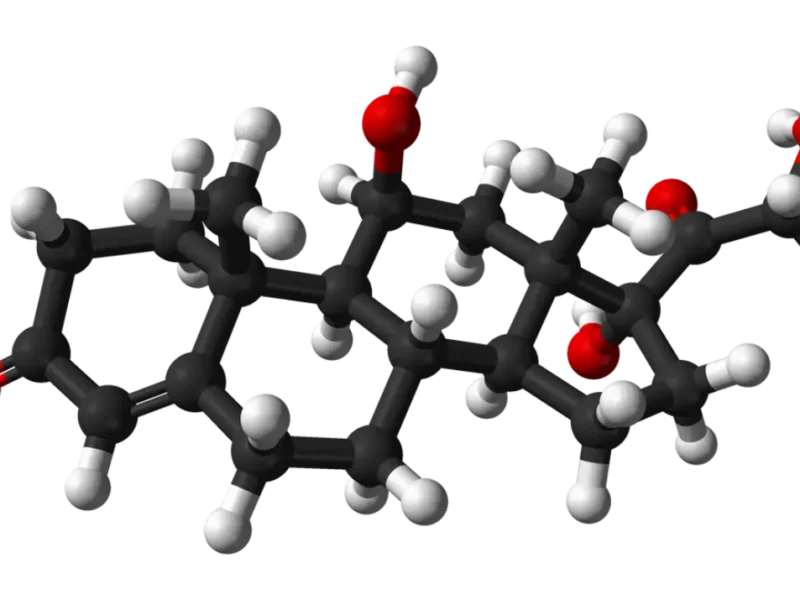
Exercise May Slow Alzheimer’s Linked Cognitive Decline
WASHINGTON D.C. (ANI)– Researchers at the University of California San Diego and Wake Forest University have found that both low and moderate-high intensity exercise can be valuable tools in the fight against Alzheimer’s disease.
The findings, published as two papers in Alzheimer’s and Dementia: The Journal of the Alzheimer’s Association, present results from the EXERT study (Exercise in Adults with Mild Memory Problems), a multi-site clinical trial involving sedentary older adults with amnestic mild cognitive impairment—a significant risk factor for Alzheimer’s.
Researchers compared the outcomes of exercise interventions with an existing dataset of similar individuals who received only usual care, such as routine medical check-ups and medication management.
Individuals with amnestic mild cognitive impairment, characterized by memory complaints and objective memory decline, are at high risk of developing Alzheimer’s, with about 16% progressing to the disease annually.
“This is a critical time to intervene in this population, because they don’t have dementia yet but are at a very high risk,” said Aladdin Shadyab, Ph.D., M.P.H., lead author of one of the papers and associate professor at the UC San Diego Herbert Wertheim School of Public Health and Human Longevity Science and School of Medicine. “These findings show us that even low-intensity exercise may slow cognitive decline in at-risk older adults,” he added.
Exert was among the first large clinical trials of its kind to collaborate with the YMCA and its trainers to make the intervention more accessible to participants. “This approach brings us one step closer to its implementation in the community,” said Howard Feldman, M.D., ADCS director.
The study involved nearly 300 older adults randomly assigned to either moderate-high intensity aerobic training or lower-intensity stretching, balance, and range-of-motion exercises. Participants exercised 3-4 times per week for 12 months, under supervision, with regular assessments of cognitive function and brain volume.
Contrary to expectations, cognitive function remained stable in both groups throughout the study period, suggesting that various forms of physical activity may help delay cognitive decline. Another possible explanation is that participation in research, with its associated intellectual and social engagement, may also offer protective benefits.



